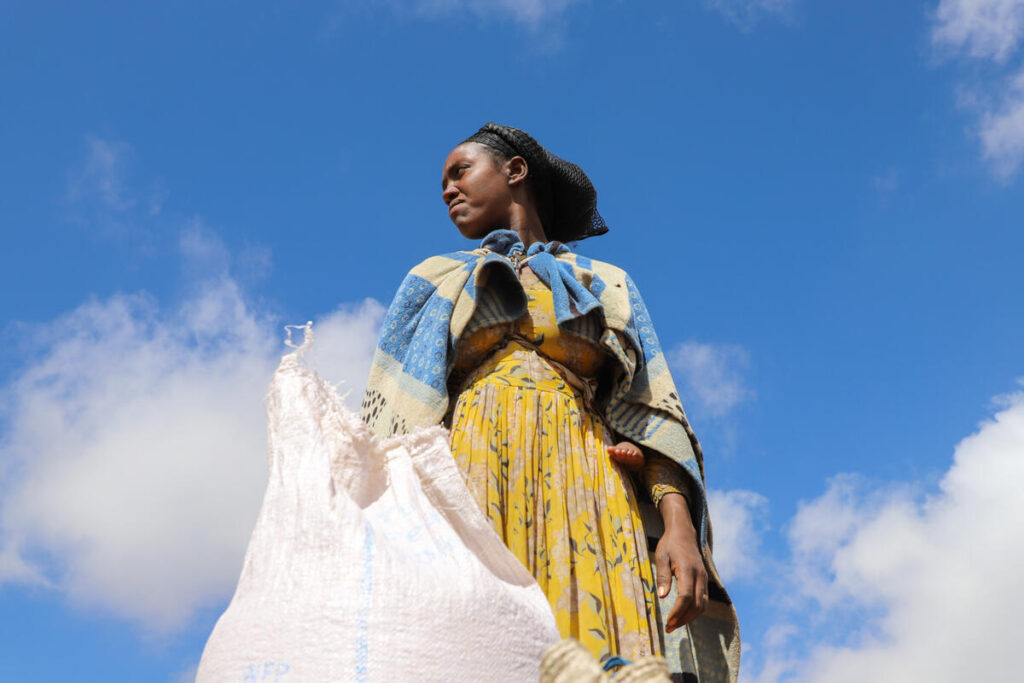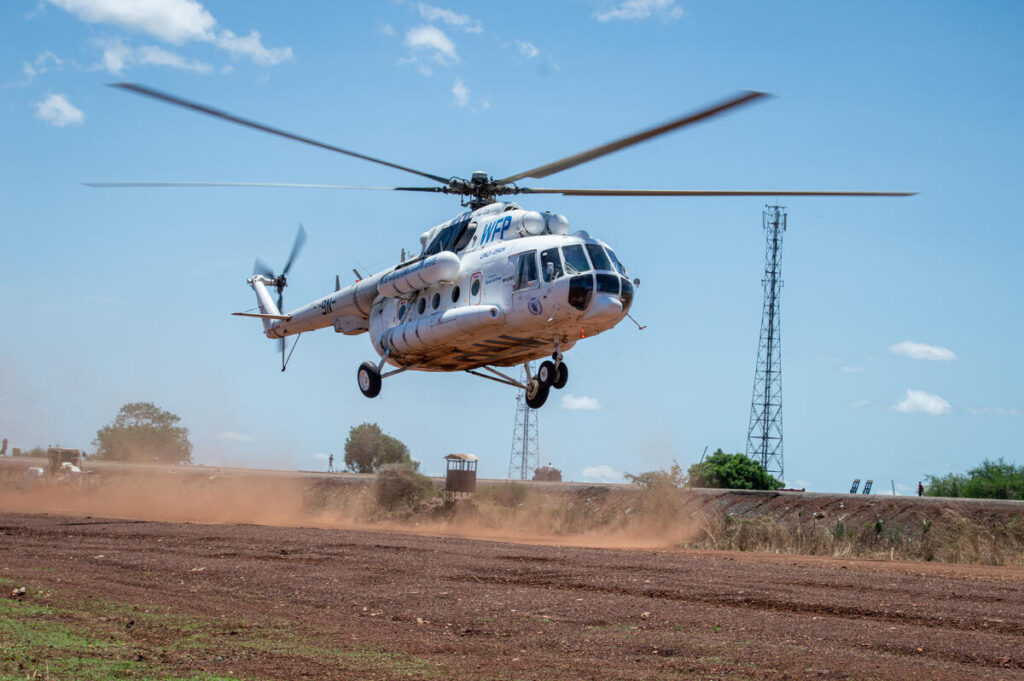A Letter From Our President Barron Segar on a World in Crisis

2023 was a year steeped in crises.
Intense conflicts forced millions of people to flee their homes and go days without eating. The hottest year on record fueled droughts, floods and wildfires that hit marginalized populations hardest. Rising costs continued to make even basic food items unaffordable for the people we serve – those living on less than two dollars a day.
The United Nations World Food Programme (WFP) itself was faced with high prices and a drastic funding shortfall that forced leaders to make impossible decisions about who would and wouldn’t eat. There was no choice but to shrink rations in some places and reduce the number of beneficiaries in others. This made WFP’s work more critical than ever, and in these moments, your dedicated support made all the difference in the world to those who were gravely hungry. With your help, WFP was able to reach 152 million people in 2023, most of whom lived in active conflict zones.

Whether through food and cash, nutritional supplements or school meals, WFP overcame immense challenges to fulfill its mission. You made this possible. Whether you were an individual donor or a corporate or institutional partner, you helped raise $139 million dollars last year in support of WFP’s lifesaving work – more than five times our revenue four years ago.
Since its inception 60 years ago, WFP has been a global leader in humanitarian assistance, especially in crisis zones. It is the world’s first responder, demonstrating again and again its ability to go where others can’t. WFP’s expertise, robust supply chain networks and in-country staff are the keys to its timely and scalable response. With myriad local partners, WFP provides people with the resources they need to survive and begin the sometimes decades-long process of restoring their communities and strengthening their long-term food security.

However, we know that food alone is not the answer. Conflict and climate are the root causes of hunger and therefore political solutions are needed to end violence and restore ecosystems. In the meantime, civilians, humanitarian workers, and the infrastructure they rely on – including schools, shelters and hospitals – must be protected. In all crisis zones, humanitarians need safe, unhindered access to provide aid to those who need it most.
With them in mind, we continue to advocate for Zero Hunger and mobilize resources in support of WFP’s work. It is an honor to lead an organization dedicated to this mission and to carry the trust you place in us. Know that your contributions and engagement truly made a difference, as is evidenced by the stories in this report. It is through our collective generosity that we can have such a positive impact amid humanity’s most pressing challenges.




